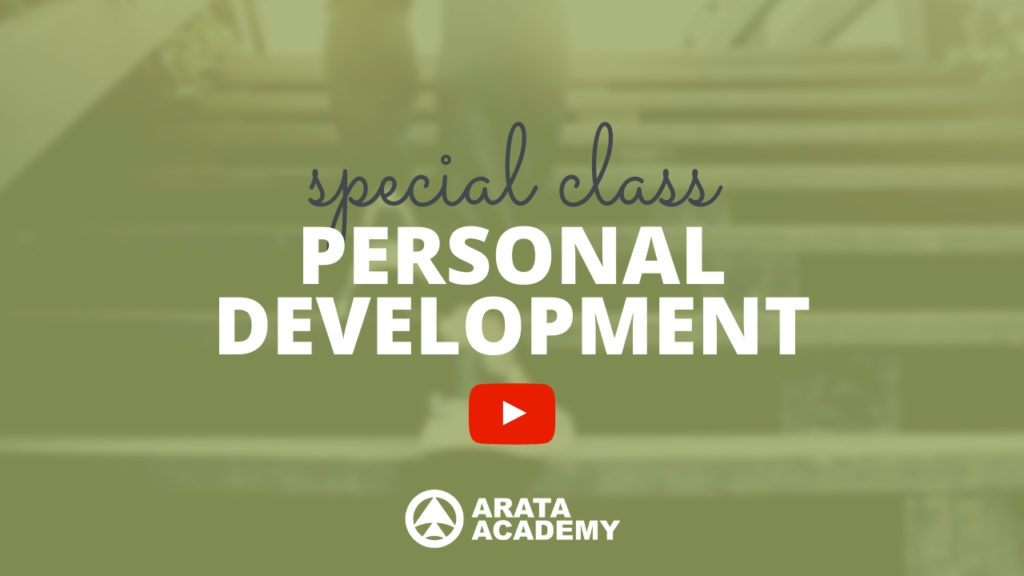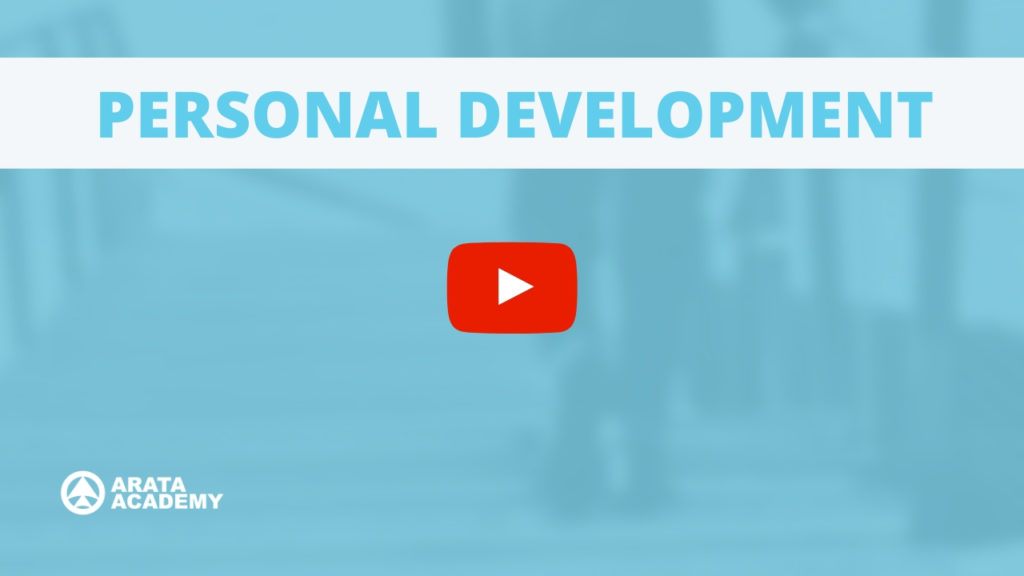Hello! Seiiti Arata. When you’re saying goodbye to someone and they say to you “Look after yourself!” and you reply “Will do!”… Do you really? What does looking after yourself really mean?
1. Don’t do unto yourself what you wouldn’t do unto others
Everyone knows the old cliché that you should treat others the way you would like them to treat you. If you’re following our YouTube channel then you’re probably the kind of person who lives their life according to this philosophy, right? The kind of people who follow the Arata Academy hold themselves to very high standards, and unfortunately this can end up taking its toll. That’s why today I’ve got a new idea to share with you, something a little different: Treat yourself the way you would like yourself to treat others.
If someone you cared about made a mistake, wouldn’t you forgive them? Wouldn’t you show them kindness? Wouldn’t you use your empathy and compassion to try and understand things form their point of view? What is it that made them act the way they did? You should be using these same skills to talk to yourself. When it comes to conversations with yours truly, the worst thing you can do is to blame yourself for everything, feeling racked with guilt, unable to forgive yourself.
2. Get to know your superpowers
Looking after yourself is also about recognising and taking pride in the things you are great at. Try to avoid pathological humility, which results not only in a failure to identify your own abilities, but in being deaf to the praise of those who do. You could end up avoiding opportunities to do things at which you really excel, because you always say there’s someone else who’s better at them. There’s a sweet spot between humility and arrogance. You should identify your talents, your skills and your interests. You should also understand your own attributes and which of them you hope to continue perfecting in the future. Even if there are skills you don’t yet possess, you can at least say you’re interested in developing them.
Watch out for the other dimension of pathological humility: apathy. Let’s suppose you’ve started to work at a new company. Needless to say, your supervisors are going to ask you what your areas of interest are. One of the worst answers you can give is that you don’t know. That, or saying “Erm… I don’t really know” Or giving some vague response saying you can do whatever. That’s pure apathy, where’s the twinkle in your eyes? Devote some time to working out what really makes you tick. Work out what you are genuinely passionate about, what’s going to drive you to become a successful professional. This is the road to developing your superpowers.
3. Stop with the servility
Some people suffer from an inferiority complex. They’re walking down the street, someone bumps into them, and it’s them who says sorry. They’re working in a team and a colleague makes a mistake. They get overly embarrassed and end up saying that the fault was all theirs. Excessive inferiority means you think your always doing things wrong. You see yourself as a bungling, inadequate, undesirable human being. It’s as if you needed to apologise for your very existence.
Remember my first piece of advice. Treat yourself the way you would like yourself to treat others. Be gentle with yourself. Just as you wouldn’t see others as inferior to yourself, understand that you are not inferior either.
If you need help, look for it. Nobody is going to read your mind for you if you don’t know how to communicate. If you need a second opinion; if you need help moving house; if you need someone to talk to; if you need technical advice about a project your working on…in every one of these situations you need to learn to open your mouth and ask for help.
A lot of people suffer in silence when they need help. Why do they stay silent? Sometimes it’s because they lack confidence and don’t know how to ask. It’s their ego paying tricks on them, making them think it’s shameful to ask for help. It’s worrying too much about inconveniencing other people. In some cases, not asking for help can be a conscious choice. In these cases, you need to be very careful. Watch you don’t start harbouring a grudge because other people didn’t help you. Especially if you didn’t know how to ask properly.
You are the most important person of all. No matter how much you love the people around you, no matter how much you want them to come first, you won’t be able to have a positive influence if your own life is a total mess. This is why you need to look after yourself. Learn to prioritize.
You deserve to love yourself. Discover your greatest passions and follow them. Life is short, and nobody wants to regret not having lived theirs to the full. This whole course is about personal development, and it’s quick, simple and efficient. You can learn more at https://arata.se/personaldevelopment

